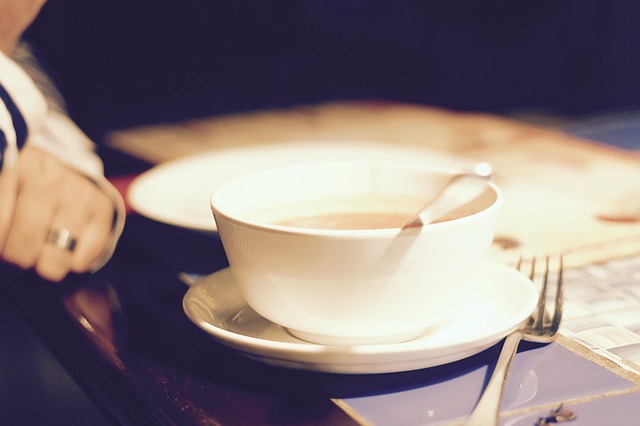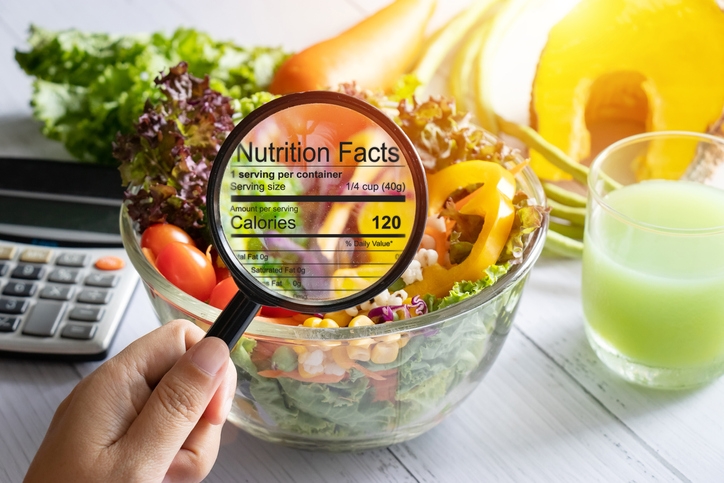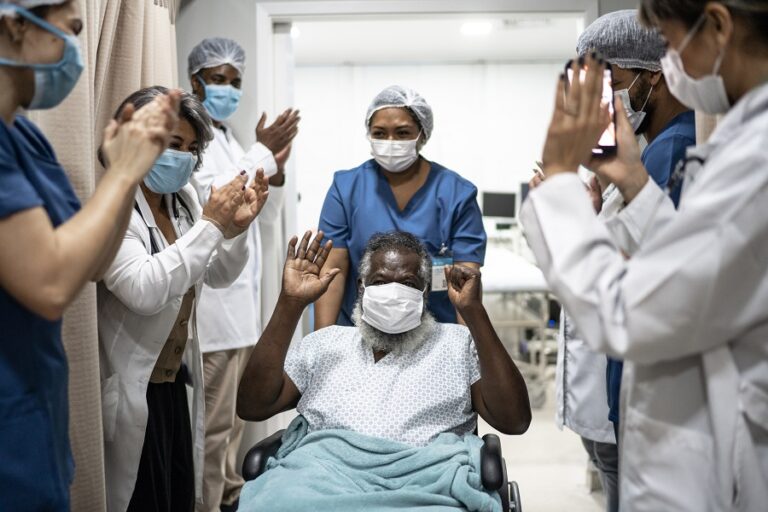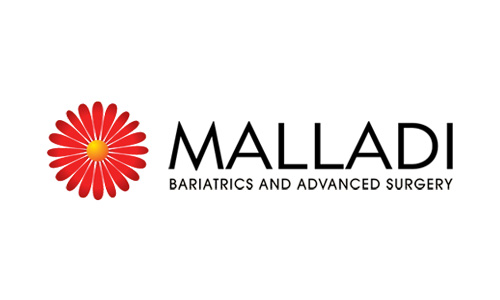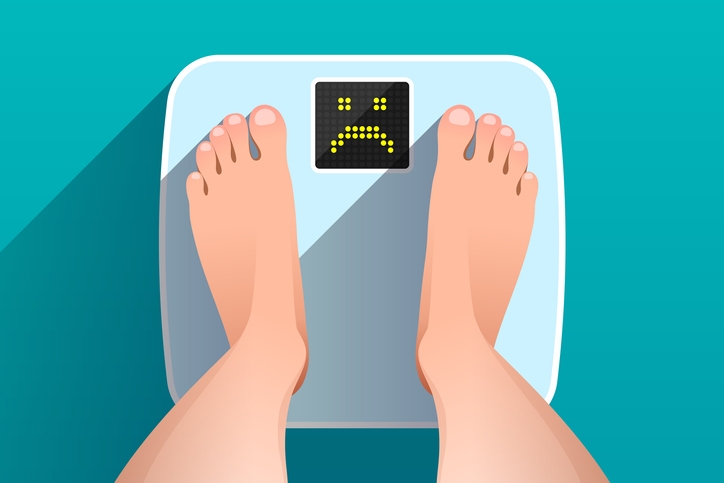A Guide to Gastric Bypass Aftercare, Part I
Have you undergone gastric bypass surgery? Congratulations! You’re on a path to a healthier, happier lifestyle. You may wonder what to expect now that the surgery is over. Though your doctor has explained the various side effects you can expect, you may be craving a little bit more information on gastric bypass aftercare.
This article will give you a general overview of what to expect after the procedure and in the following weeks. However, you should always follow your doctor’s advice and speak to him or her if you have questions about any specific concerns or symptoms you are experiencing.
What to Expect in the First Few Days at Home
After spending one to three days in the hospital, the doctor will discharge you and send you home. During the first few days, you should be able to move around without any pain or issues. In fact, you should try to walk around frequently to avoid blood clotting. Do not do any heavy lifting, however, and stop any activity that causes pain.
The Gastric Bypass Diet
During the first day after surgery, your diet should consist of clear liquids only. When clear liquids are well tolerated, you can begin to consume other liquids such as:
- Broth
- Popsicles
- Skim or 1% milk
- Unsweetened juice
You can drink tea and coffee, but they must not contain any caffeine. You can also consume sugar-free gelatin.
After a week of liquids, you can begin to eat pureed, mashed, or strained foods. You or your caregiver should ensure that the food has a paste-like consistency and no lumps of solid food are in the mixture.
For best results, blend foods with a liquid, such as water, skim milk, broth, or unsweetened juice. Some foods mash better than others, and we suggest eating a diet of the following:
- Lean meats, poultry, and fish
- Cream soups strained of any solid bits
- Soft fruits
- Cooked vegetables
- Cooked cereal
- Very soft scrambled eggs
After a few weeks of mashed foods, your doctor will tell you to add soft, tender foods to your diet. These meals should be very small, only 1/3 to 1/2 a cup of food, three to five times per day. Suggested foods include:
- Eggs
- Cottage cheese
- Rice
- Cooked, skinless vegetables
- Cooked or dried cereal
- Ground meats
- Flaked fish
- Canned or soft fruit with no skin or seeds
According to your doctor’s instructions, you could return to solid foods about eight weeks after your surgery. Different people will have different needs, and your doctor will give you specific instructions for your solid food diet.
Some foods can cause inflammation and nausea after gastric bypass surgery. Depending on your doctor’s instructions, avoid foods such as bread, carbonated beverages, fried foods, and spicy or heavily seasoned foods.
When to See a Doctor
In rare cases, you may experience complications after the surgery. Complications are a risk in all surgeries and in most cases, you do not have to worry about them. However, it is important to seek treatment immediately if you begin to notice any of the following symptoms:
- High fever
- Pain, redness, swelling, or bleeding around the incision area
- An increase in wound drainage
- Foul-smelling and thick drainage
- Severe pain
- Trouble breathing
- Persistent coughing or vomiting
- Diarrhea
- Yellowing of the skin and eyes
Look for more information on what to expect after gastric bypass in a future blog. If you are thinking about gastric bypass surgery in the Dallas area, consider consulting with Dr. Malladi at Malladi Bariatrics and Advanced Surgery. She is one of the most skilled weight loss surgeons in the greater Dallas area. Contact Dr. Malladi today to schedule your consultation.

